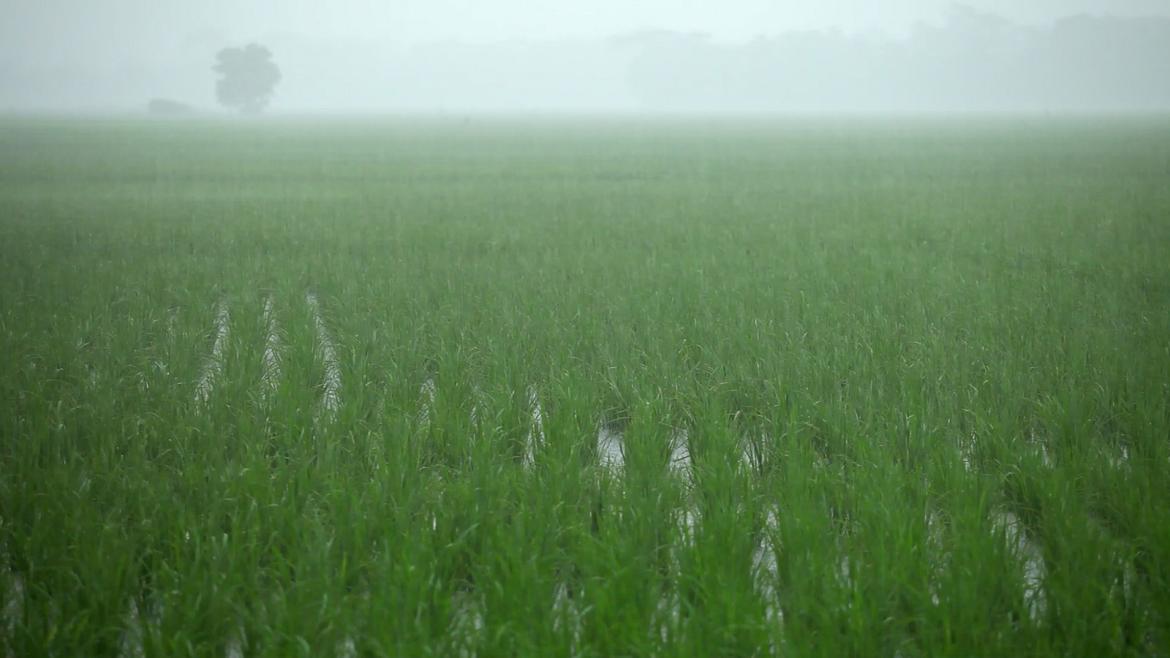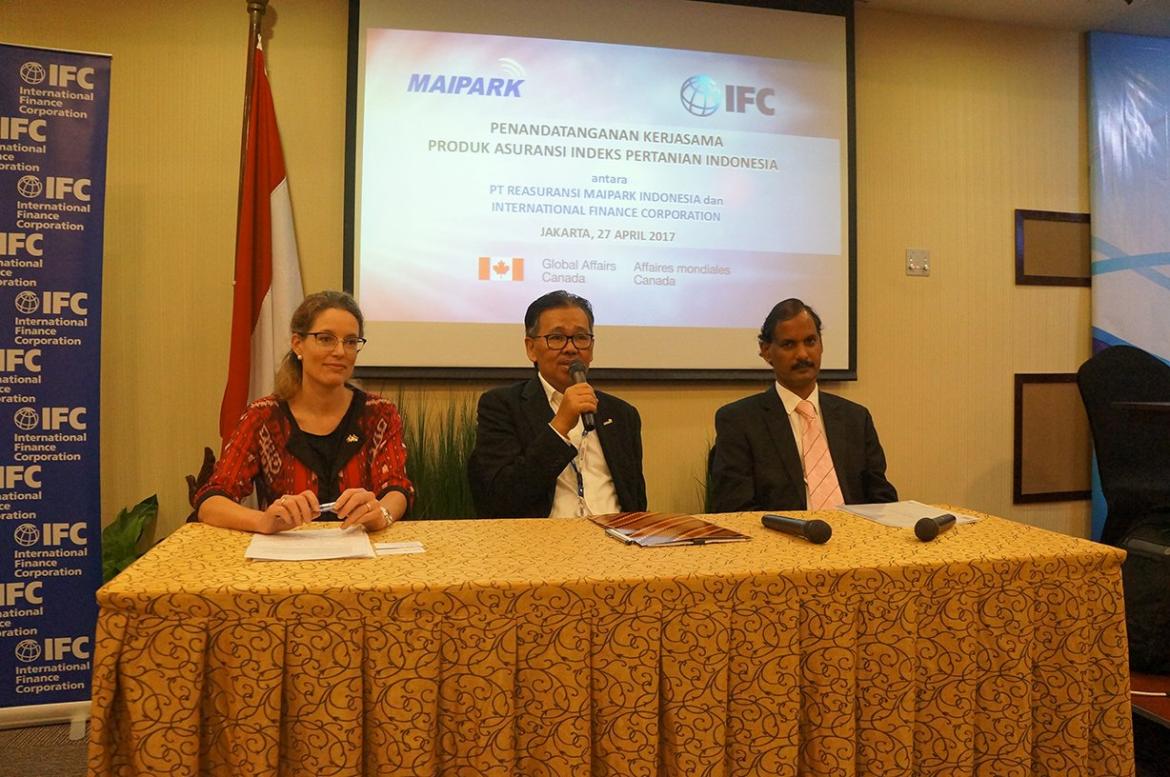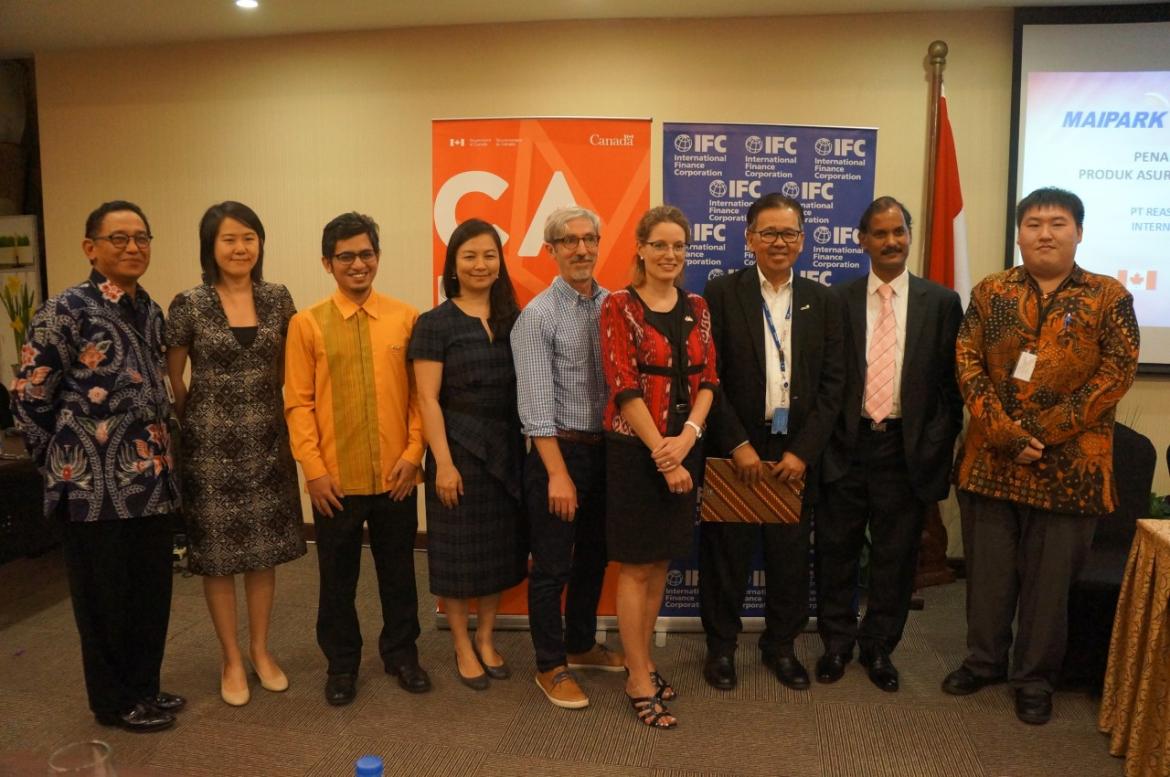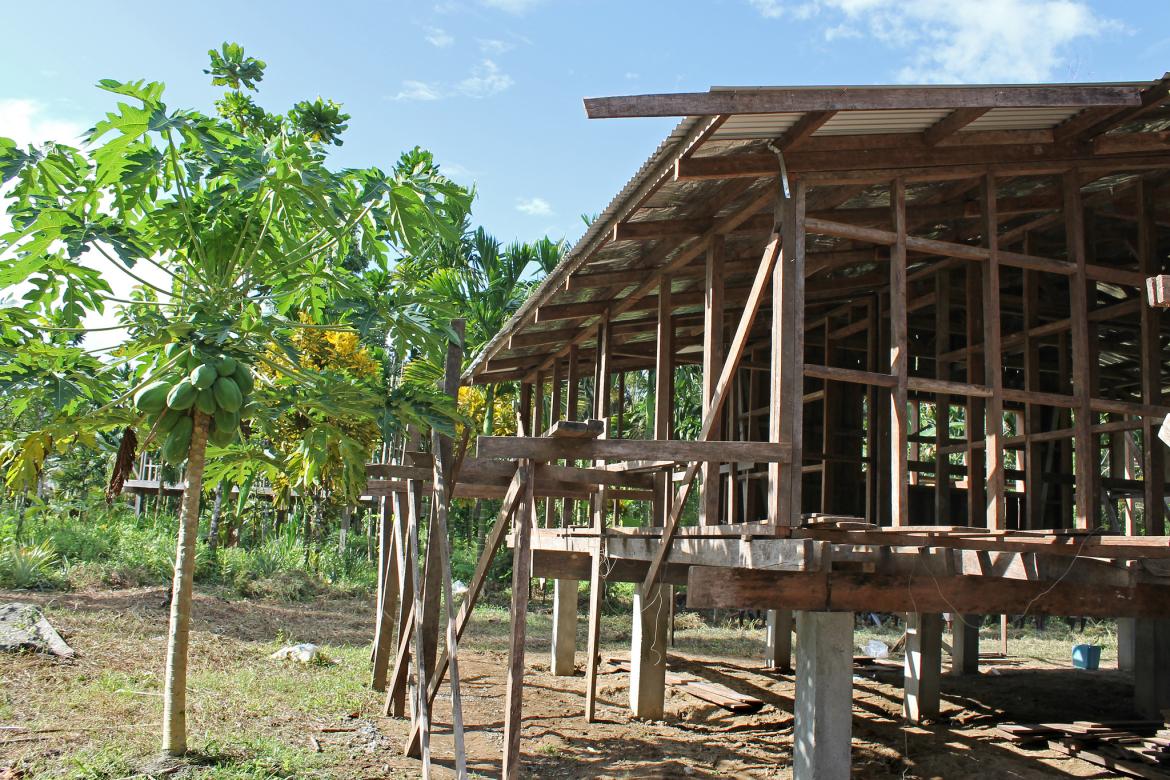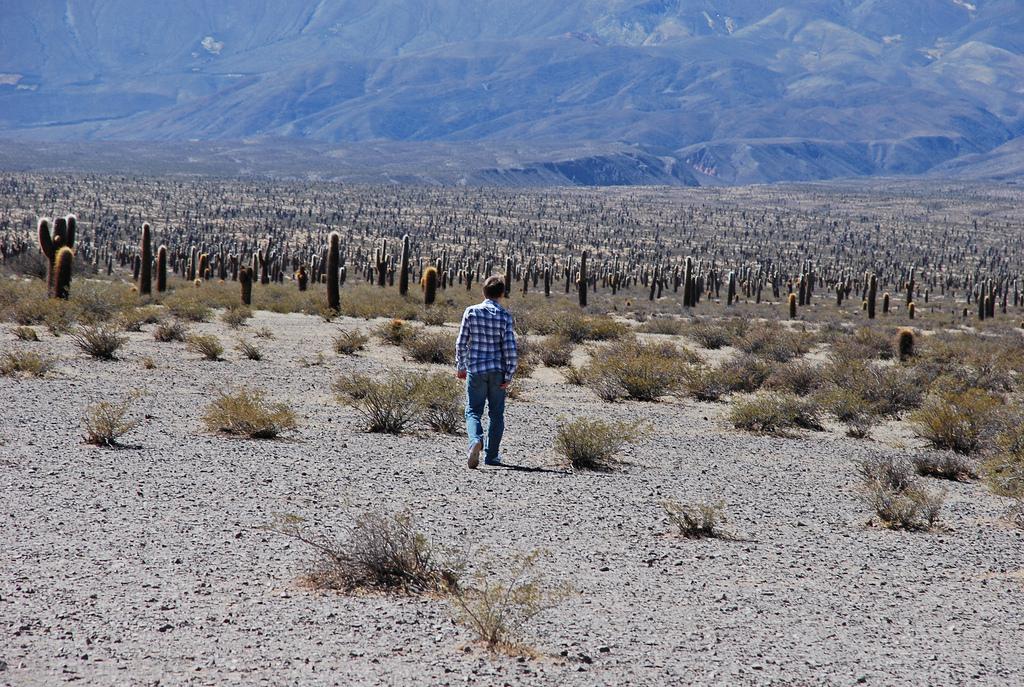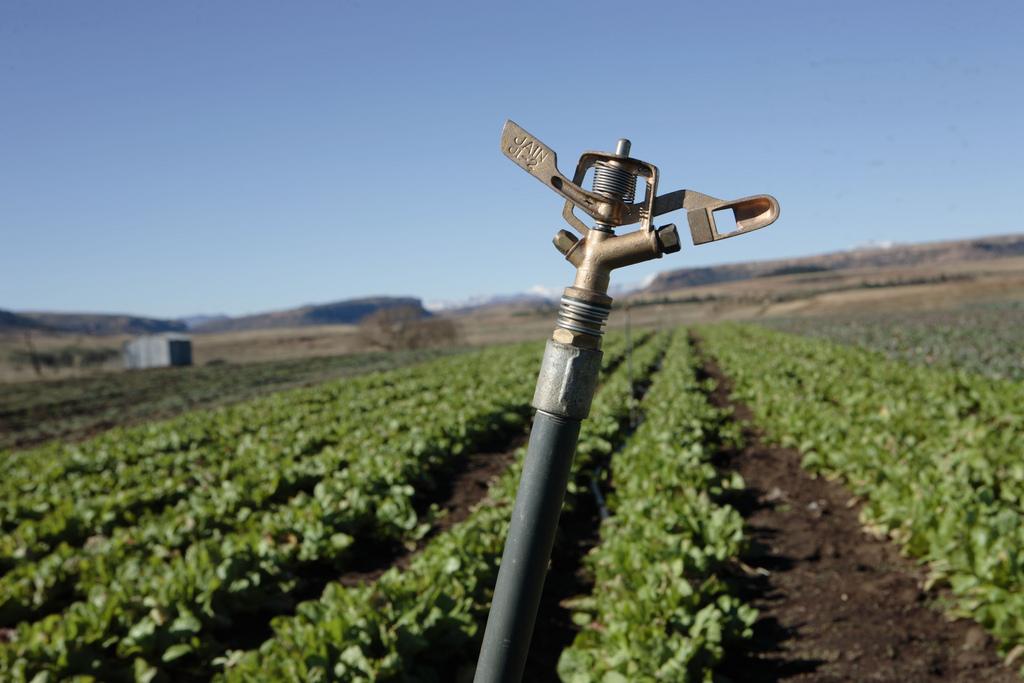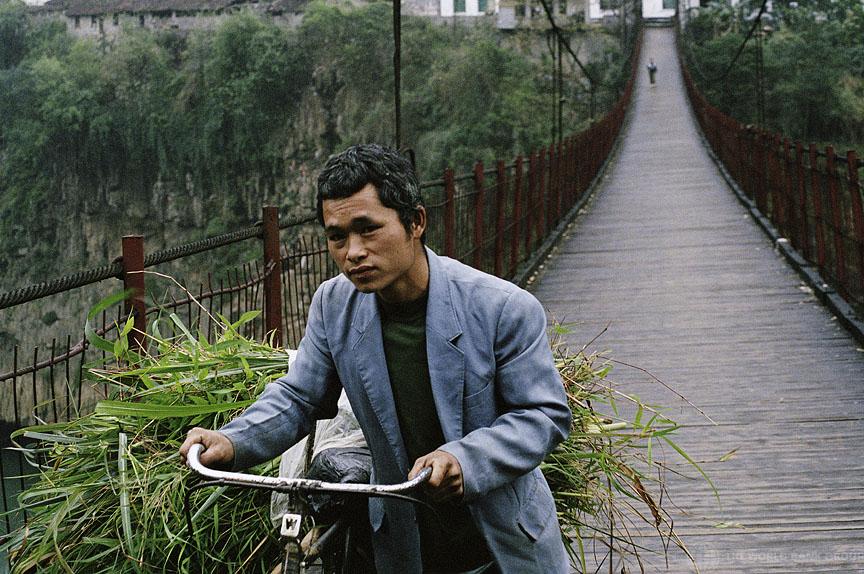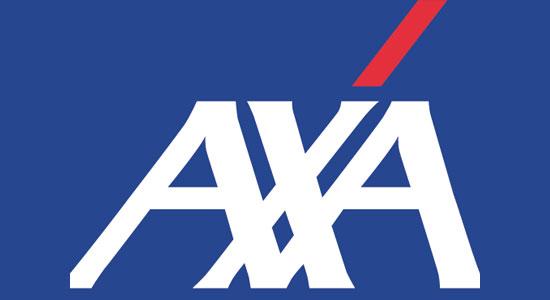
AXA Global Parametrics is looking to offer its parametric insurance product in the Philippines, primarily targeting the local agriculture sector, Busines World Online reports. “In the Philippines, we don’t offer any products yet but we are working...[with] companies, partners to try to sell the product across the Philippines,” AXA Philippines Chief General Insurance Officer Claude Seigne said in the interview.

